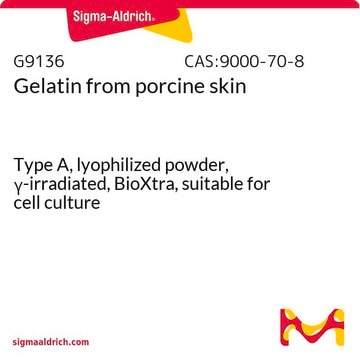243361
Chromium(III) potassium sulfate dodecahydrate
ACS reagent, ≥98%
Synonym(s):
Chrome alum, Potassium chromium(III) sulfate dodecahydrate
About This Item
98.0-102.0% (ACS specification)
Recommended Products
grade
ACS reagent
Quality Level
Assay
≥98%
98.0-102.0% (ACS specification)
form
crystals
reaction suitability
reagent type: catalyst
core: chromium
impurities
≤0.01% insolubles
mp
89 °C (lit.)
anion traces
chloride (Cl-): ≤0.002%
cation traces
Al: ≤0.02%
Fe: ≤0.01%
NH4+: ≤0.01%
heavy metals (as Pb): ≤0.01%
SMILES string
O.O.O.O.O.O.O.O.O.O.O.O.[K+].[Cr+3].[O-]S([O-])(=O)=O.[O-]S([O-])(=O)=O
InChI
1S/Cr.K.2H2O4S.12H2O/c;;2*1-5(2,3)4;;;;;;;;;;;;/h;;2*(H2,1,2,3,4);12*1H2/q+3;+1;;;;;;;;;;;;;;/p-4
InChI key
ZFVHBEKVAITXHW-UHFFFAOYSA-J
Looking for similar products? Visit Product Comparison Guide
General description
Application
It may be used as a starting material in the synthesis of quasi-monodisperse spherical core-shell particles of Cr/α-Cr2O3 to be used as solar absorbers.
Signal Word
Warning
Hazard Statements
Precautionary Statements
Hazard Classifications
Eye Irrit. 2 - Skin Irrit. 2
Storage Class Code
11 - Combustible Solids
WGK
WGK 3
Regulatory Listings
Regulatory Listings are mainly provided for chemical products. Only limited information can be provided here for non-chemical products. No entry means none of the components are listed. It is the user’s obligation to ensure the safe and legal use of the product.
PRTR
Class I Designated Chemical Substances
ISHL Indicated Name
Substances Subject to be Indicated Names
ISHL Notified Names
Substances Subject to be Notified Names
JAN Code
243361-5G:4548173933405
243361-500G:4548173933399
243361-VAR:
243361-100G:4548173933382
243361-BULK:
Choose from one of the most recent versions:
Already Own This Product?
Find documentation for the products that you have recently purchased in the Document Library.
Customers Also Viewed
Our team of scientists has experience in all areas of research including Life Science, Material Science, Chemical Synthesis, Chromatography, Analytical and many others.
Contact Technical Service












